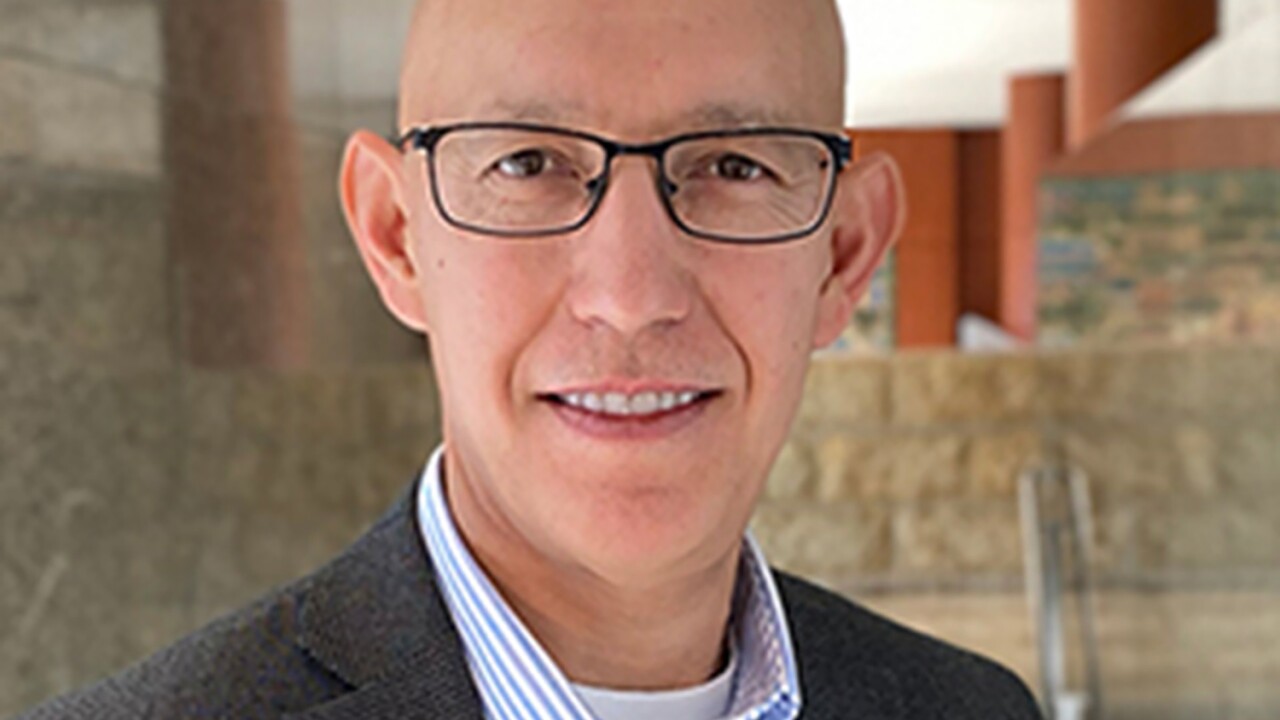CHICAGO -- The judge overseeing Detroit's Chapter 9 bankruptcy heard arguments Wednesday from bond insurers challenging the city's effort to treat its unlimited-tax general obligation bonds as unsecured.
At the end of the all-day hearing, U.S. Bankruptcy Judge Steven Rhodes told the parties that he would issue a written ruling on the matter in "two or three" weeks, and urged the parties to reach a settlement before that.
"I strongly encourage you to continue your negotiations," Rhodes said, according to local reports from the courtroom. "As I'm sure you're aware, a decision here is most likely all or nothing." He added: "One side is going to win and the other side is going to lose."
The hearing came during the week Detroit is expected to file its plan of debt adjustment with the court. With a decision on the unlimited-tax GO bond matter in limbo, it's likely the city will continue to treat the debt as unsecured in the adjustment plan.
Detroit's chief attorney, Jones Day's Bruce Bennett, told the court Wednesday that the plan would "change many things very substantially."
Detroit's attorneys also said they expect to announce a settlement with the city's two interest-rate swap counterparties in the next three to four days.
That would mark the third settlement between the city and the counterparties, UBS AG and Merrill Lynch Capital Services, since Detroit filed for Chapter 9 in mid-July, 2013. Rhodes rejected the first two, which would have paid the banks $210 million and $165 million respectively.
The debate over the city's unlimited-tax GO bonds is closely watched in the municipal bond market. If Rhodes agrees with the city that the debt is unsecured, it could drive up borrowing costs across Michigan or beyond, and overturn the traditional belief that ULTGOs are among the safest investments.
Bennett argued that the ULTGOs are not secured by any lien or pledge that would survive federal bankruptcy, despite a property tax levy approved by voters specifically for the GO debt payments.
"There is no lien, there is no property interest, those creditors are like all others," Bennett told Rhodes. "There is no grant of a lien on property tax revenues collected by the city."
Rhodes asked Bennett if that meant that all the city's full faith and credit promises -- or pledges -- to repay the bonds were "unsecured promises."
"Yes," said Bennett.
Rhodes also asked what would happen to the tax levy if he ruled the bonds unsecured.
"That's between the taxpayers and the city," Bennett said, adding that Mayor Mike Duggan might have to decide how to handle the problem. He admitted it would open the city up to lawsuits from taxpayers.
Bennett also said during his arguments that Detroit had been reporting in its recent audits that it was fully collecting the property taxes, while it actually was not.
Bond insurers, including National Public Finance Guarantee Corp., Ambac Assurance Corp., and Assured Guaranty Ltd., were represented by six attorneys, who presented several arguments in favor of their rights.
Chief among them was the claim that bondholders have a property interest in the tax revenue raised under the voter-approved levy.
Taxes raised for the sole purpose of paying unlimited-tax GO bonds are equal to a grant of property, argued Chadbourne & Parke LLP attorney Lawrence Larose.
The insurers argued that the voter-approved tax revenue essentially is a special dedicated revenue. State law requires that the revenue be used only for debt service on the bonds, and prohibits the city from using it for any other purpose, the insurers argued.
"These are not simple promises the city made to its bondholders," Guy Neal, a Sidley Austin LLP attorney who is representing National, said. "These are requirements under state laws."
Midway through the insurers' arguments, the judge suggested that much of the debate boils down to whether the bondholders have a property interest in the tax money.
"It is true that in most circumstances a creditor's property interests still have to be respected," Rhodes said. But "why doesn't the language [in state law] specifically say the bondholders have a lien or the bondholders have a security interest?"
The judge also criticized the insurers for having too many arguments and legal theories defending their position, and near the end of the day called their strategy "puzzling."
Earlier in the hearing, Rhodes heard a debate over whether the U.S. Trustee for the case can set up a committee for unsecured creditors. Detroit is fighting the move, saying all the creditors are already represented, and it would mean unnecessary expense.
Rhodes said he would issue a written ruling on the matter at a later date.





